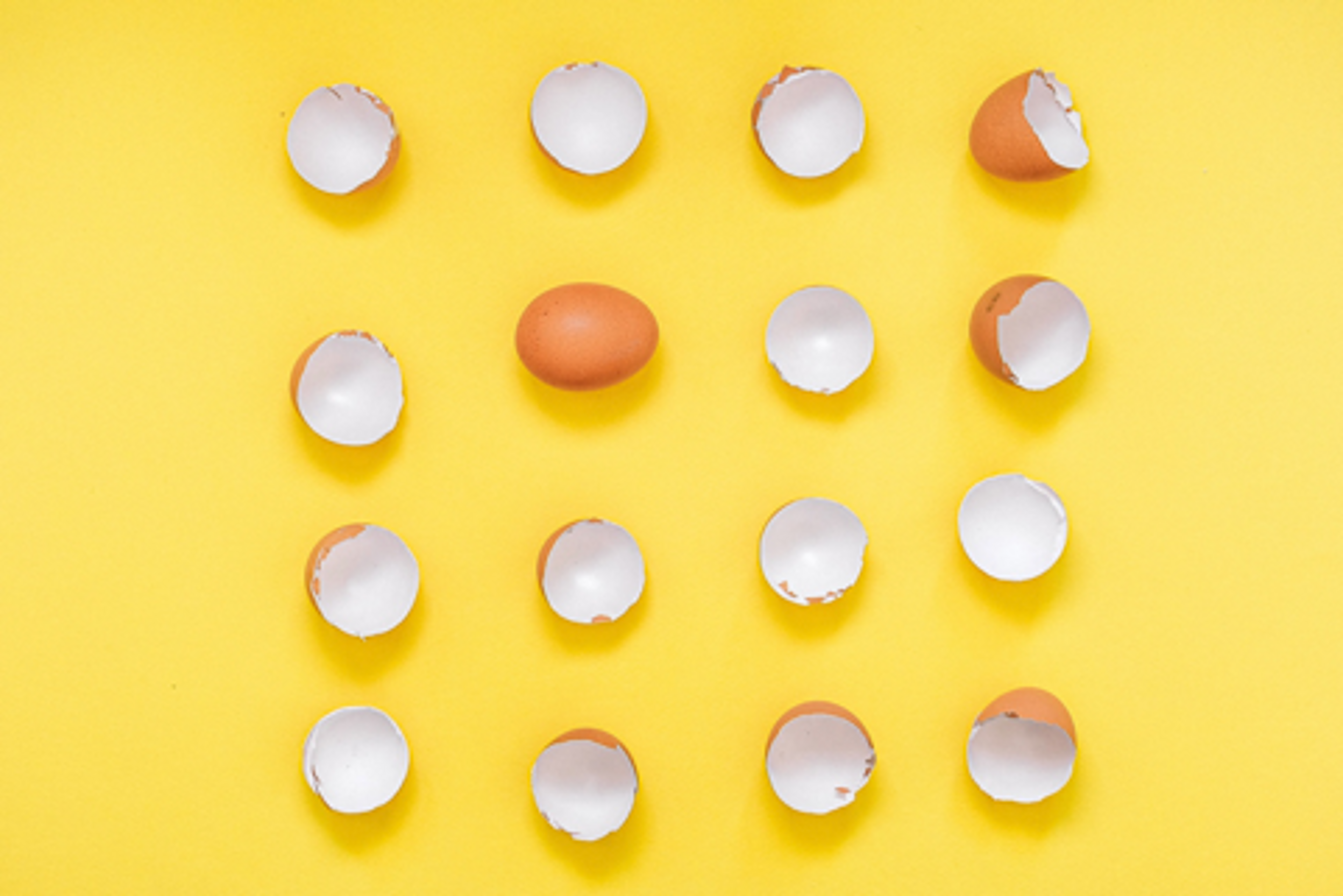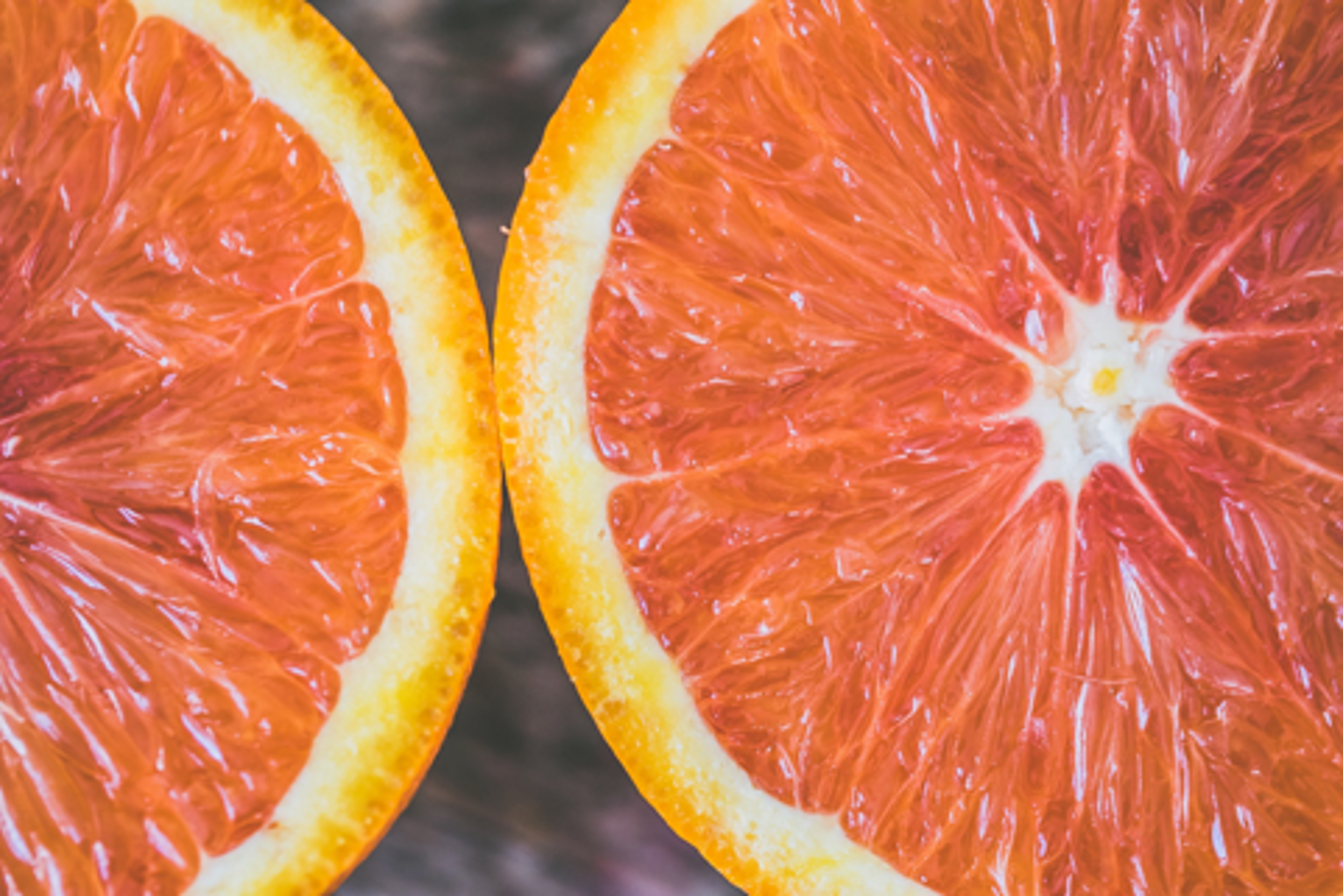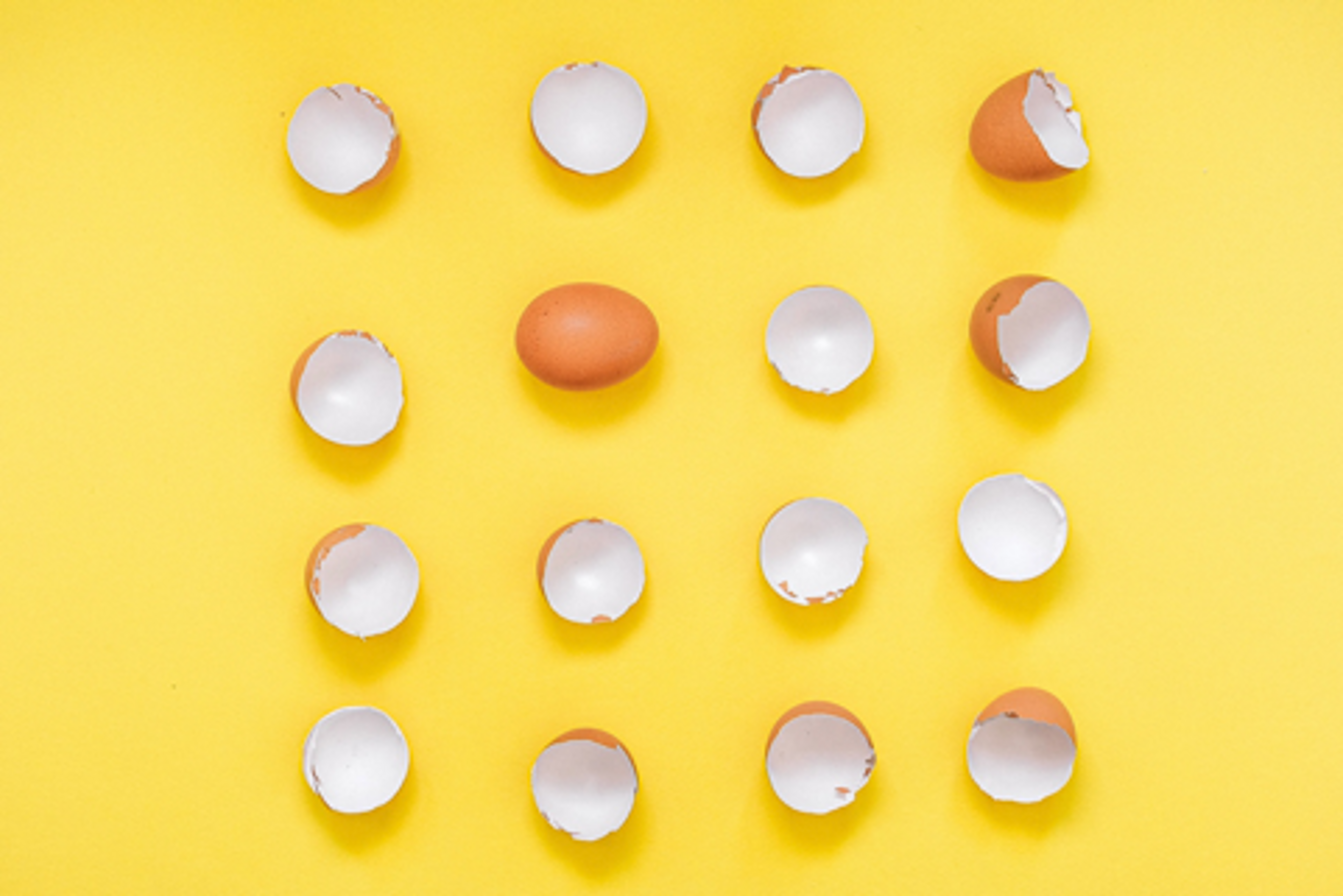What is the Egg diet?
The Egg diet is a trending dietary plan primarily based on hard-boiled eggs as the main source of protein. The point of this diet is that it simultaneously helps lose weight and maintain muscle mass, which is crucial for those aiming to make their body slim and fit at the same time. However, does it really delivers what it promises, and what are the hidden rocks of sticking solely to eggs, supposedly super-healthy product? Read below to sort out all the fors and againsts of this plan, perhaps too widely acclaimed on social media.

Foods allowed
This diet food list is not very restrictive, and focuses on lean proteins, the list of which, aside from eggs, includes turkey, chicken and fish. This variety lets you avoid getting sick of eggs and giving up. Fruits recommended on this diet include grapefruit and berries, while vegetables include spinach, broccoli, kale, mushrooms and zucchini. All these products are healthy and nutritious, and will increase your energy, while delivering essential vitamins and macroelements. On this diet, it is necessary to avoid refined carbs (for example, pasta or bread), sugar and fried foods.
Variations
This dietary plan has a number of variations:
The 14-day egg diet is perhaps the most widespread among dieters.Following this variation, you have to consume 3 meals a day, yet only one of them must be based on hard-boiled eggs. The rest of dishes can include, for instance, fish or poultry. It is also crucial to add spinach, broccoli, or other vegetables to your plate, which will help you increase the fiber intake and make the diet more balanced. Remember: you shouldn’t consume exclusively proteins on the Egg diet.
The egg&grapefruit diet is quite similar to the previous one and takes the same period of time. The difference is that you have to eat a half of grapefruit each time you have a meal. It is important to avoid any other fruit. Grapefruit will increase your metabolism and help to shed pounds.

The eggs-only diet is considered mono-diet. People following this diet are allowed to eat only hard-boiled eggs and drink water for two weeks. However, following crash diets is proven to be detrimental to human body. Limiting yourself to a single food item for two weeks can lead to a number of health conditions. The dieters should also minimize any physical exercises in order to avoid fatigue, which means that this is not a diet for those striving to get fit. This variation of the Egg diet is harmful to your body, and it is not recommended to stick to it.
Neither of the variants permits snacking: 3 meals is your upper limit. Moreover, sparkling sweet beverages are also banned: plain water, tea, and coffee are your only options.
Side effects
People who stick to this diet usually suffer from a lack of energy. It happens because of the reduced amount of carbohydrates on the daily menu. That’s why most people minimize physical activity while following the egg diet. Also, high amounts of proteins in your meal plan can lead to a number of digestive problems (constipation, nausea and other).
Is egg diet safe for your health
It is a well-known fact that eggs are a rich source of essential nutrients. However, eating this food in high amounts might provoke a number of diseases. Scientific evidence concerning the egg consumption is controversial.
For instance, according to research, men who ate more than six eggs a week got a higher risk of ischemic stroke and heart failure.
Another study reported that people having diabetes can eat eggs without changes in their blood sugar and cholesterol levels. So, this food turned out to be safe for them.
A recent study also shows that dietary cholesterol eggs contain does not increase the risk of getting a heart attack, even if you eat one egg every day.
A separate concern is energy intake. By sticking to this diet, particularly the egg-only option, you are reducing your calorie intake to under 1000 calories per day, which is unsafe without close medical supervision. The recommended amount of daily calories for women is at least 1200, and for men the proper amount is 1500 calories a day to stay healthy and full of energy. Therefore, this diet is far from being the safest way to get a slim body.
Is egg diet good for weight loss?
There are no reputable studies concerning the effectiveness of this diet with calories deficit. However, it is a high protein nutrition plan, and some evidence suggests that diets high in protein might help you shed pounds more efficiently. Moreover, proteins repair damaged tissue, fortify your bones, relieve muscle soreness, and curb hunger.

Another study reports that eating three eggs per day along with high-protein diet for two months helps obese people lose weight and retain their muscle mass.
The egg diet may be effective for weight loss for some people. However, this dietary plan has a lot of restrictions, and it is quite difficult to stick to, particularly the egg-only option. And there is the possibility of regaining the weight you have lost after you finish the diet, which is typical for all crash diets focusing on drastic calorie restriction.
Do eggs help lose weight?
First of all, one hard-boiled egg contains just 78 calories, which is not a high number. Aside from being rich in protein, which assists weight loss and amps up metabolism, eggs also enrich your body with numerous vitamins and antioxidants. The proteins work this way because your body spends more energy to digest high-protein foods.
Conclusion
Despite some positive aspects, the egg diet is still not a well-balanced nutrition plan, particularly in the egg-only variation. Like any other crash diet, it usually brings short-term results, and people get disappointed gaining their weight back afterwards. Studies suggest that this diet can lead to a number of health issues. That’s why whenever you want to start following a certain diet, it is absolutely necessary to consult a health professional. Remember that everything is good in moderation, and everything you need to do for your health and beauty is to eat nourishing meals, sleep the necessary amount of time and be physically active. Some other nutritious and more balanced protein-high approaches include Mediterranean, and Pescatarian diets. These diets promote solid and sustainable lifestyle changes, while not throwing you into tiredness and fatigue. Combine the proper diet with regular training, and remember to guzzle some water before and after your workout, as staying hydrated is essential for your health, even more so when you’re physically active. Water delivers essential nutrients, supplies your lungs with oxygen, helps the immune system, and sustains your nail and skin condition. Make a glass of detoxifying and refreshing lemon water every morning to achieve even better results.
DISCLAIMER:
This article is intended for general informational purposes only and does not address individual circumstances. It is not a substitute for professional advice or help and should not be relied on to make decisions of any kind. Any action you take upon the information presented in this article is strictly at your own risk and responsibility!


Comments are closed.